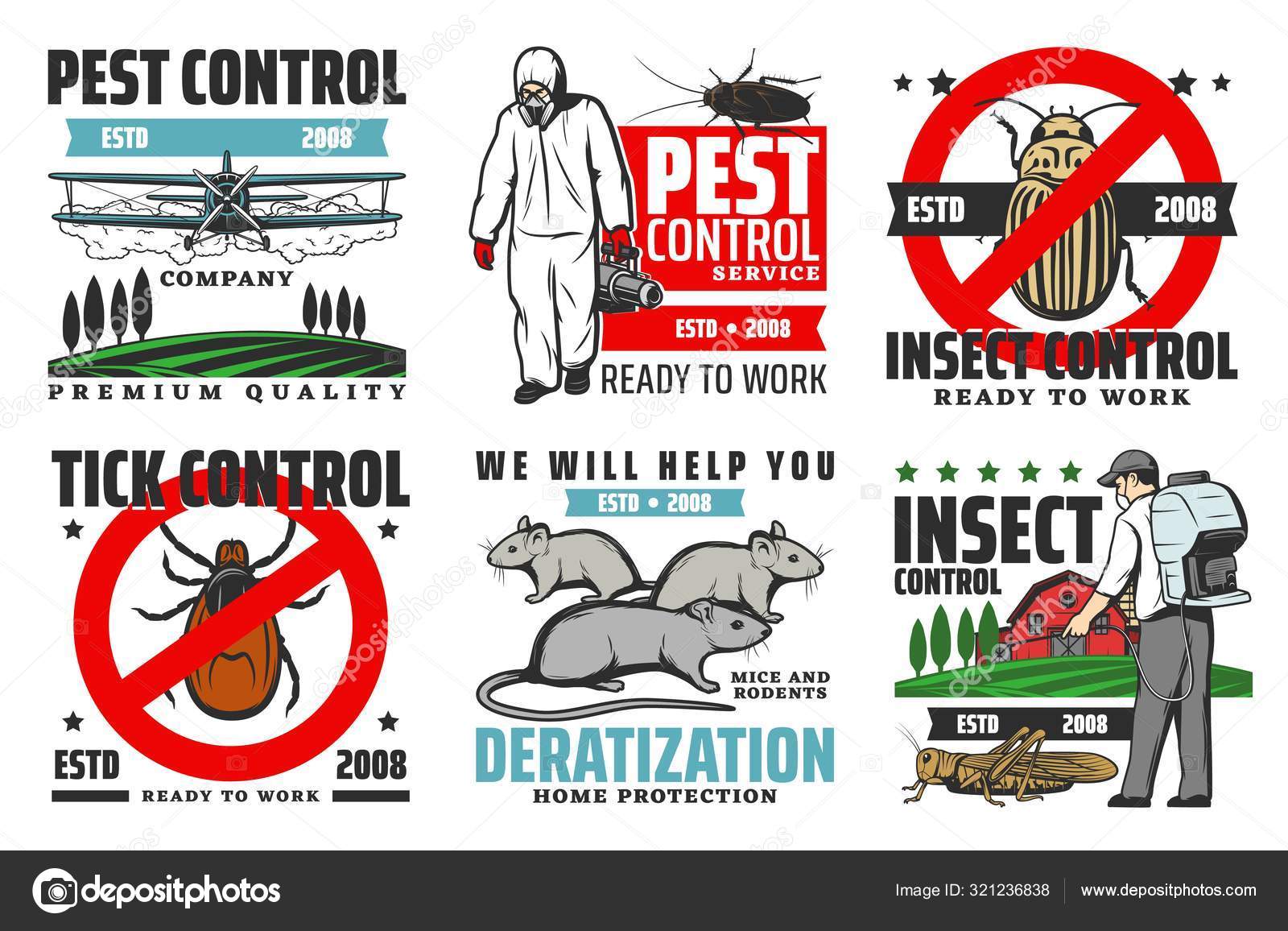Effective Pest Control Clovis Providers: Maintain Your Home Safe
Wiki Article
Comprehending the Numerous Methods to Parasite Control: A Comprehensive Guide

Natural Parasite Control Approaches
Using environment-friendly methods such as companion growing and biological pest control is essential for properly handling pests in farming settings. Companion growing involves expanding different plants in distance to discourage parasites, improve nutrient uptake, and improve total crop wellness.Biological pest control includes introducing all-natural predators or virus to manage pest populations. Ladybugs, as an example, feed on aphids, regulating their numbers without the need for chemical pesticides. An additional example is making use of Bacillus thuringiensis (Bt), a germs that targets details insect bugs while being safe to humans, pets, and advantageous pests.
These environmentally friendly approaches not only lower the dependence on artificial pesticides yet also assist maintain biodiversity and soil health and wellness. By incorporating natural parasite control techniques right into agricultural methods, farmers can attain sustainable insect monitoring while decreasing negative effects on the setting.

Chemical Parasite Control Solutions
In addition to natural insect control approaches, the application of chemical pest control services plays a substantial role in efficiently handling pest populations in agricultural atmospheres. Chemical parasite control remedies are formulated to target details bugs that may cause comprehensive damage to crops. These remedies usually contain artificial chemicals that are made to get rid of parasites quickly and efficiently.Among the vital benefits of chemical parasite control remedies is their performance in regulating bug invasions on a big range. Farmers can apply these services using various approaches such as splashing, airing out, or seed treatment to safeguard their crops from harmful pests, weeds, and conditions. Furthermore, chemical bug control services are relatively very easy to use and can offer rapid outcomes, aiding farmers secure their yields and minimize financial losses.
However, it is crucial to utilize chemical pest control remedies sensibly to minimize prospective negative influences on the environment, non-target microorganisms, and human health and wellness. Correct application methods, adherence to safety and security guidelines, and normal tracking are critical to make sure the liable use of chemical parasite control services in farming practices.
Organic Pest Control Approaches
Organic parasite control approaches leverage natural predators or microorganisms to handle bug populaces in farming setups properly. One usual organic control approach is the introduction of natural enemies, such as ladybugs or parasitic wasps, to target specific pests.Another biological control method involves using pathogens like viruses, fungi, or bacteria to infect and eliminate parasites. These microbial representatives can be sprayed on crops or introduced right into the dirt to deal with different bugs without harming valuable bugs or various other wildlife. Additionally, using pheromones to interfere with the breeding patterns of parasites is one more efficient biological control approach. By disrupting their reproduction, this method aids to lower bug populations without the need for chemical treatment. Generally, biological pest control strategies use a sustainable and targeted solution to pest monitoring in agriculture.
Integrated Pest Administration (IPM)
Integrated Pest Administration (IPM) is an extensive strategy that integrates numerous insect control approaches to efficiently take care of and minimize pest populations in farming systems. IPM focuses on long-lasting avoidance of pests with a mix of biological, cultural, physical, and chemical control techniques. By incorporating these various approaches, IPM aims to minimize dependence on chemical pesticides, minimize environmental effect, and advertise lasting pest administration methods.
One trick aspect of IPM is the use of biological controls such as all-natural killers, bloodsuckers, and pathogens to regulate insect populations. This technique uses the power of nature to keep a balance between insects and their natural opponents without creating harm to the environment.
Additionally, IPM includes social techniques like plant rotation, habitat, and cleanliness control to produce undesirable conditions for insects and disrupt their life cycles. Physical controls such as barriers, composts, and catches are additionally used to stop insect infestations.
Physical and mechanical Bug Control Methods
Utilizing non-chemical methods, such as physical and mechanical bug control methods, is a vital facet of detailed insect management strategies, building upon the structure of Integrated Bug Administration's alternative technique. Mechanical insect control involves making use of physical obstacles or traps to avoid pests from accessing and harming crops or frameworks. This technique can consist of methods like installing displays on windows, making use of row covers in agriculture, or using sticky catches to capture bugs.Physical pest control approaches, on the other hand, emphasis on directly removing insects via physical ways. Utilizing warmth treatments to get rid of bed bugs or vacuuming up bugs like spiders or ants his response can be reliable ways to take care of infestations without the use of chemicals. By including these physical and mechanical parasite control techniques right into an Integrated Parasite Management strategy, people and professionals can reduce reliance on chemicals while still efficiently handling pest populaces and lessening damage.
Verdict

In enhancement to all-natural insect control techniques, the utilization of chemical parasite control services plays a considerable function in efficiently managing pest populaces in farming environments.One of the vital advantages of chemical pest control remedies is their efficiency in controlling bug infestations on a huge scale.Integrated Parasite Administration (IPM) is a comprehensive technique that integrates numerous bug control strategies to successfully manage and lessen pest populations in farming systems.Utilizing non-chemical techniques, such as mechanical and physical bug control methods, is an important facet of extensive parasite management methods, building upon the foundation of Integrated Bug Management's alternative strategy. By incorporating these physical and mechanical parasite control strategies into an Integrated Bug Administration strategy, people and experts can lower reliance on pesticides while her response still properly handling pest populaces and minimizing damages.
Report this wiki page